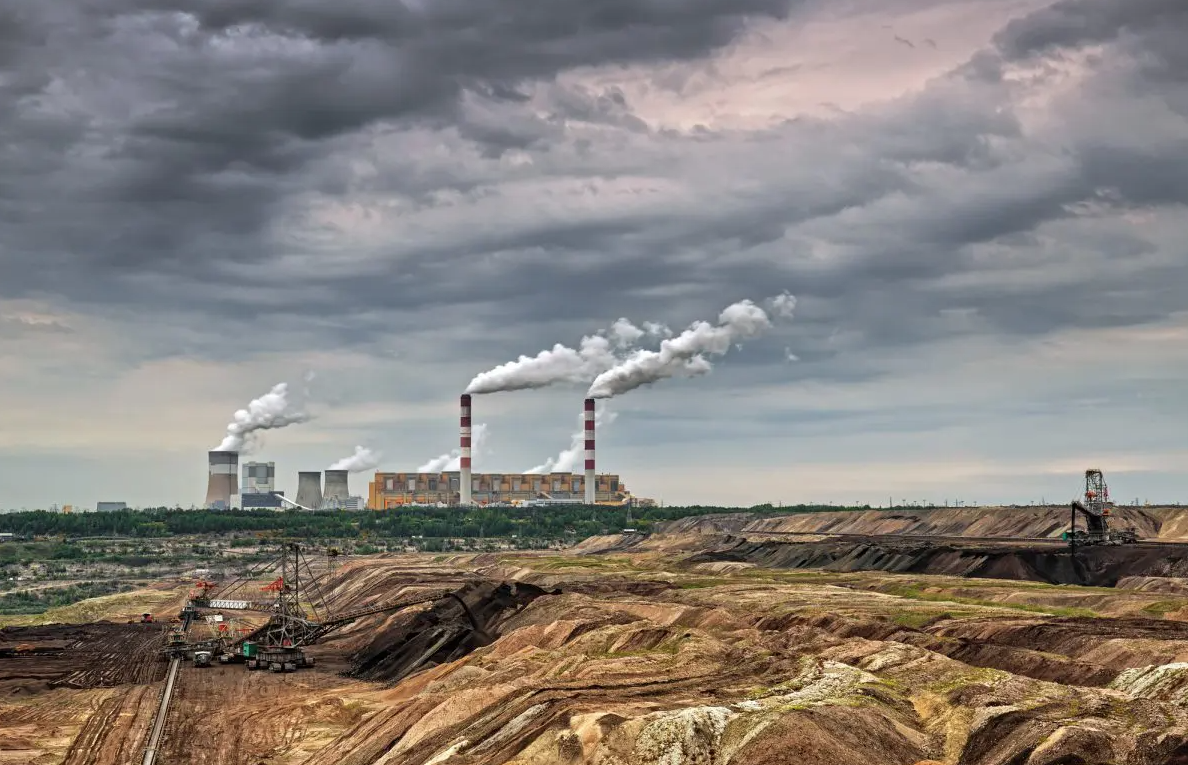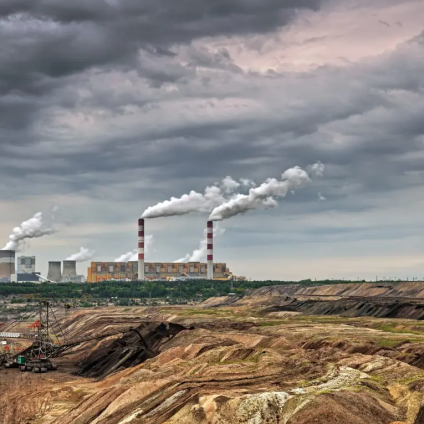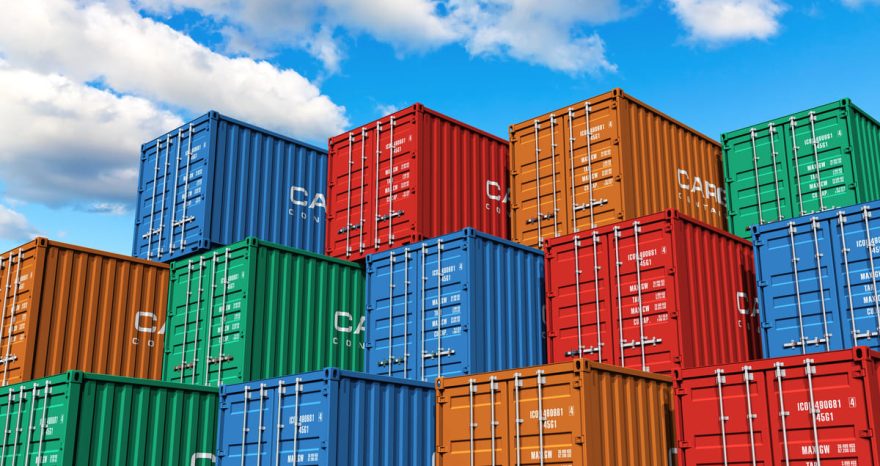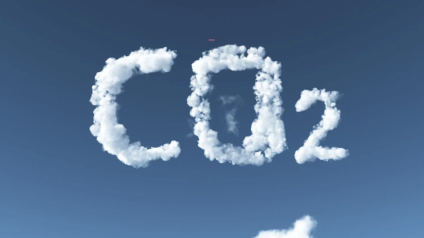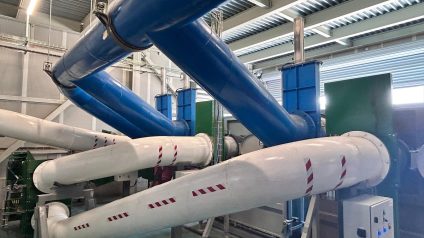The phase-out of coal is essential, says the final communiqué, but only the unabated one (that is, without CO2 capture). Compared to the draft, the date (2030) has disappeared. The decarbonization of the electric mix remains to 2035, but not total. All the details
Few progress since the German G7 Climate and Energy Presidency
(Sustainabilityenvironment.com) – By deleting dates, modifying text and making changes, the G7 Climate and Energy final communiqué became only a pale copy of the initial draft. Much less ambitious than expected and with a dramatic postponement of the coal phase-out. There are so many declarations of principle, so few promises, and even fewer precise commitments. Let’s see in detail what the text says fired Friday afternoon by the environment and energy ministers of the 7 countries.
Farewell to the coal phase-out still without a date
The biggest step backward is on coal. The draft, initially, talked about the phase-out and put a date: no later than 2030, in less than 8 years. In the final text, however, the date has disappeared completely and only a generic commitment to the abandonment of this fossil source has survived. The G7 Climate and Energy promises to take “concrete and timely steps towards the goal of a definitive elimination of the national production of electricity from unabated coal”.
Read also Coal-fired power plants, the emissions in Europe rise for the first time since 2015
A commitment that is not in line with the path of the IPCC to stay below 1.5 degrees. In the report on how to achieve this, published in 2018, the Intergovernmental Panel on Climate Change shows that it is not sustainable to build new plants and that many of the existing ones will have to close before they reach the end of life.
Decarbonization of the electric mix in 2035… or almost
The change of course on coal is only partially offset by the commitment of the G7 Climate and Energy on the decarbonization of the electric mixer. Here the date has remained: it will be 2035, in line with what the IEA suggests in the accelerated transition scenario. But the final version commits the 7 countries to “achieve a predominantly decarbonized electricity sector by 2035”, where everything depends on “predominantly”. A way to avoid promising precise percentages, ensuring room for maneuver for everyone.
Plastic stop
Some positive notes from the front of plastic pollution. The final communiqué of the G7 Climate and Energy Summit proposes to go beyond the international plastic treaty that is being finalized at the UN (but it will be ready, if all goes well, only in 2024). And immediately begin to deal with the main nodes: disposable plastic, non-recyclable polymers and plastic produced with additives harmful to the environment and climate. And of course microplastics.
The deep sea-mining appears
Paragraph 29 of the final communiqué introduces a topic not much discussed in the G7: deep sea-mining, or the extraction of minerals from the ocean floor. The submarine mines are at the center of the attention of different mining companies but also of some states, especially the small island countries of the Pacific as Nauru and Kiribati where the main submarine resources (polymetallic nodules, lumps of cobalt, lithium, copper, nickel, rare earth) are concentrated. But their future extraction is controversial due to the impact on the marine ecosystem. So much so that the IUCN last year called for a global moratorium, while the UN, through the International Seabed Authority (ISA), wants to approve the first guidelines in the short term and kick off exploitation on a commercial scale.
And it is precisely on the rules that the G7 intervened. The text calls for the introduction of clear rules to protect the environment before starting any business. “A solid knowledge base on the deep-sea marine environment and the potential risks and impacts of deep-water mining operations, which can demonstrate that the environment is not seriously damaged, It is crucial to assess our consensus in the ISA Council for any future mining permit”, reads the G7 text.


